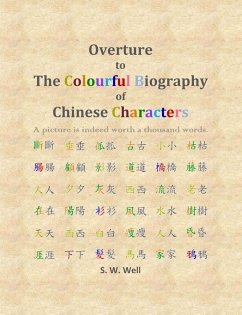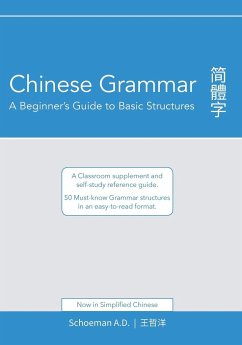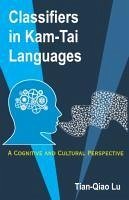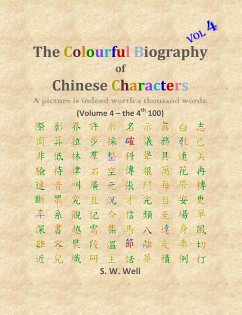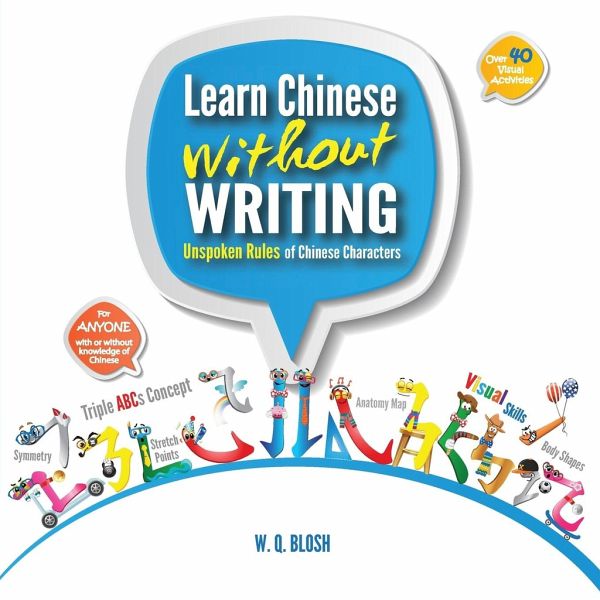
Learn Chinese Without Writing
Unspoken Rules of Chinese Characters
Versandkostenfrei!
Versandfertig in 1-2 Wochen
65,99 €
inkl. MwSt.

PAYBACK Punkte
33 °P sammeln!
ARE YOU STRUGGLING TO LEARN CHINESE? Perhaps you've skipped a step, start learning from the most fundamentals—basic strokes, stroke combinations. UNSPOKEN RULES OF CHINESE CHARACTERS Gain Insight into the Intricacies of Chinese Characters * Why does a character look distorted when it appears inside another character? * Why characters that look 'identical’ to me are actually different? * Does it really matter if a stroke is written slightly longer or shorter? * How do I align and combine the strokes so that they look good? UNCONVENTIONAL WAY TO LEARN CHINESE CHARACTERS *Apply Geometry to An...
ARE YOU STRUGGLING TO LEARN CHINESE? Perhaps you've skipped a step, start learning from the most fundamentals—basic strokes, stroke combinations. UNSPOKEN RULES OF CHINESE CHARACTERS Gain Insight into the Intricacies of Chinese Characters * Why does a character look distorted when it appears inside another character? * Why characters that look 'identical’ to me are actually different? * Does it really matter if a stroke is written slightly longer or shorter? * How do I align and combine the strokes so that they look good? UNCONVENTIONAL WAY TO LEARN CHINESE CHARACTERS *Apply Geometry to Analyse Chinese Characters *Learn through Fun and Interactive Puzzles VISUAL LEARNING *Learn Quickly through Graphics *What-You-See-Is-What-You-Name: 35 strokes at your finger's tip DESIGNED FOR ANYONE—WITH OR WITHOUT ANY KNOWLEDGE OF CHINESE *If you like to doodle, colour, do paper-cutting, solve puzzles... you’ll love this book. ________________________________________ WHAT IS NOVEL IN THIS BOOK 1. APPLYING GEOMETRY TO CHINESE This book boldly applied concepts used in an unrelated field— geometry to introduce new terminologies to describe features of characters. Similar to constructing a building, Chinese characters are created with balance, symmetry and coordination between different components in mind. A stroke is tilted at a particular angle, fitted into a precise position and adjusted to different lengths with the aim to create a masterpiece. Geometrical jargons are perfect descriptors of these unnamed features. 2. WHAT-YOU-SEE-IS-WHAT-YOU-NAME: 35 BASIC STROKES This book fills the missing gap that other books hardly paid attention to. It focuses on the most basic component—strokes. Skipping this fundamental learning is like learning English vocabularies without learning how to write the alphabets. In this book, the 35 strokes are given names that describe their appearances ... what you see is what you name! 3. VISUAL LEARNING Usually Chinese characters are shown in black and have stick-like appearance. It is very difficult to look for differences in this kind of presentation. In this book, a lot of effort is spent on showcasing Chinese characters in a different light. This improved presentation makes differences and compositions of characters easily visible. To help you learn systematically and know where to focus on, the visual activities zoom in on specific features of Chinese characters one at a time. 4. CREATIVE PROBLEM SOLVING Instead of receiving the knowledge passively, you will need to actively search for multiple ways to solve some of the activities and will be prompted with questions to help you reflect on what you have learnt. Website: http://www.learnchinesewithoutwriting.com





